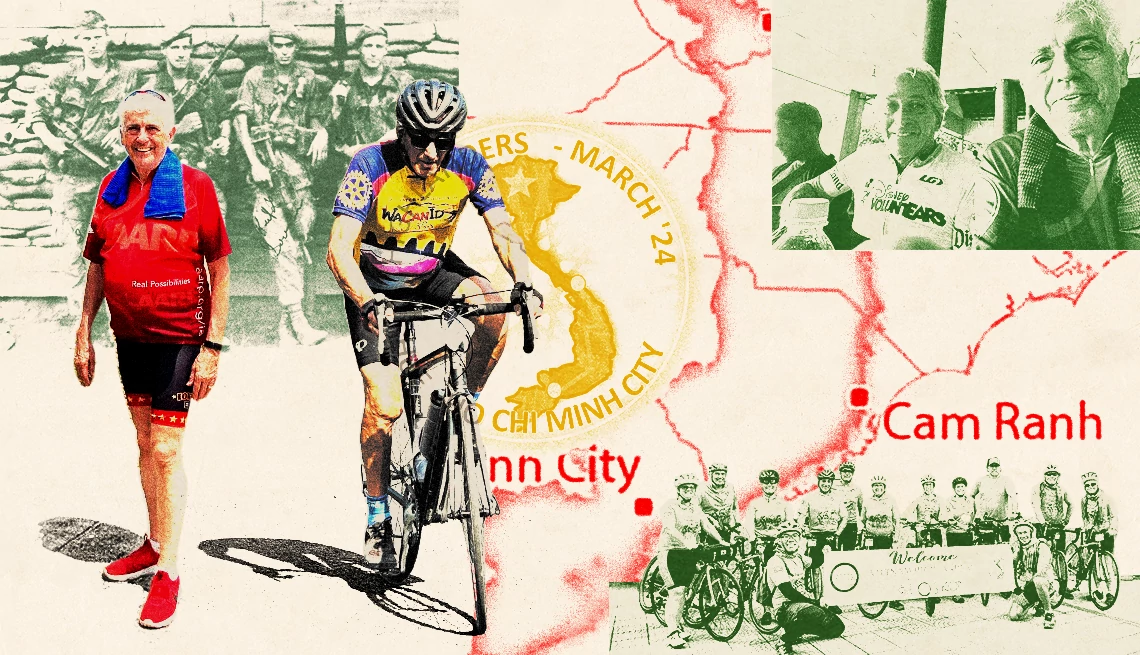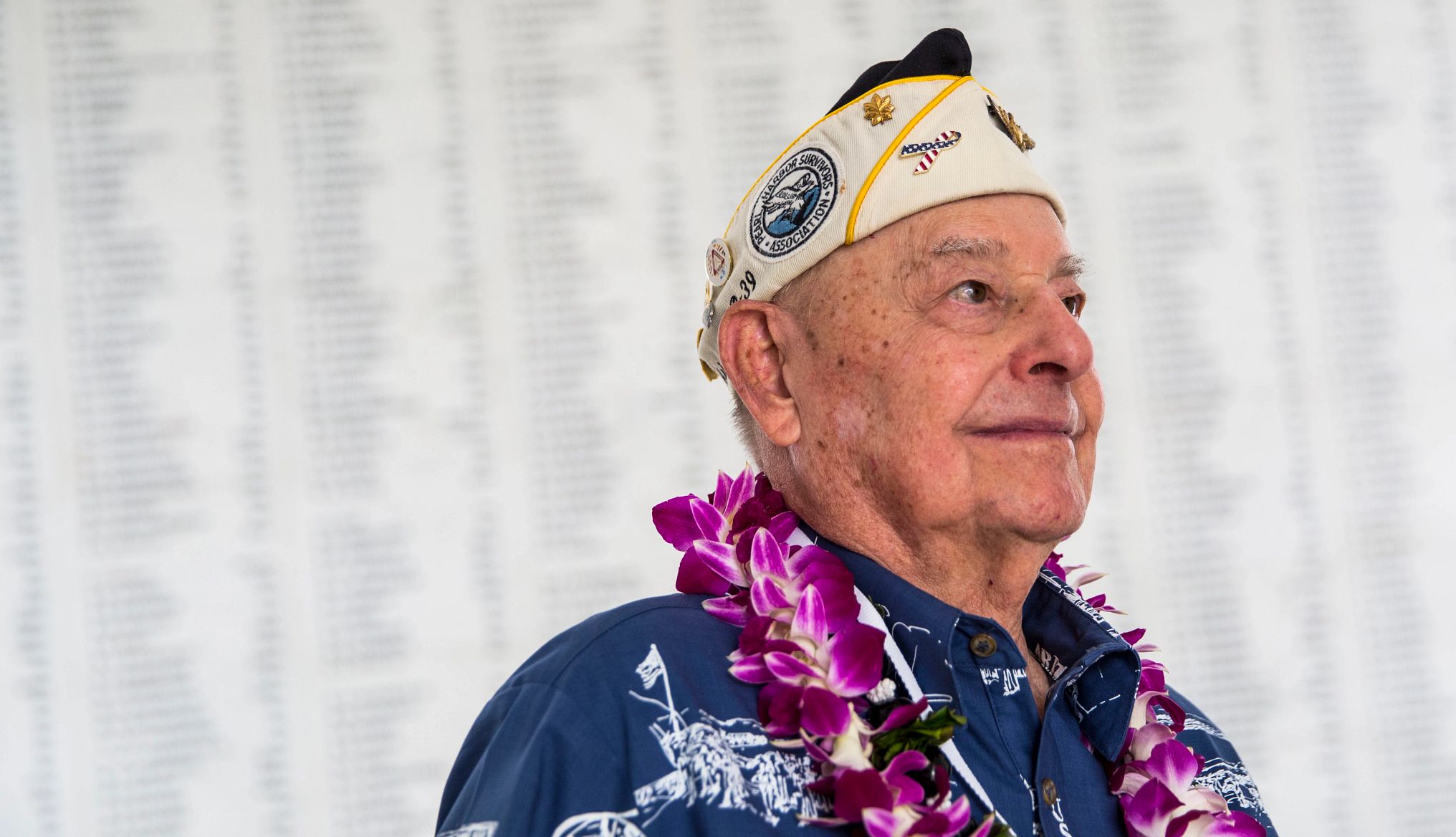Staying Fit
Veterans, Active Duty, and Military Families
Find resources and information around VA benefits, health, caregiving, fraud and employment for retired and active-duty military and their families
Latest News and Information


AARP Membership
$12 for your first year when you sign up for Automatic Renewal
Get instant access to members-only products and hundreds of discounts, a free second membership, and a subscription to AARP the Magazine.
Health and VA Benefits
Caregiving
Scams and Fraud
Work and Jobs
Discounts


Spring Discounts: Save on Health, Travel and More


Dining, Home, Tech, Entertainment Discounts


50 Best Retail and Clothing Discounts for Veterans
AARP IN YOUR STATE
Find AARP offices in your State and News, Events and Programs affecting retirement, health care and more.



























































































